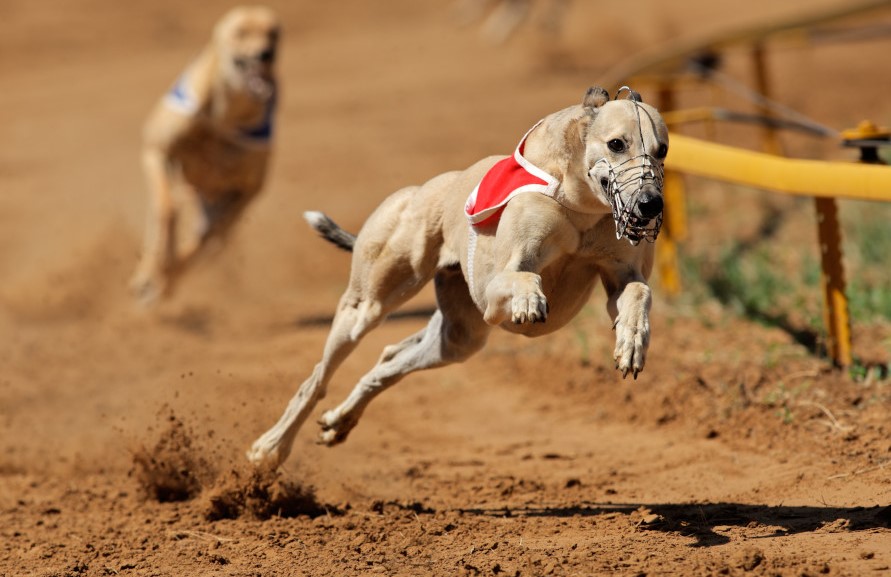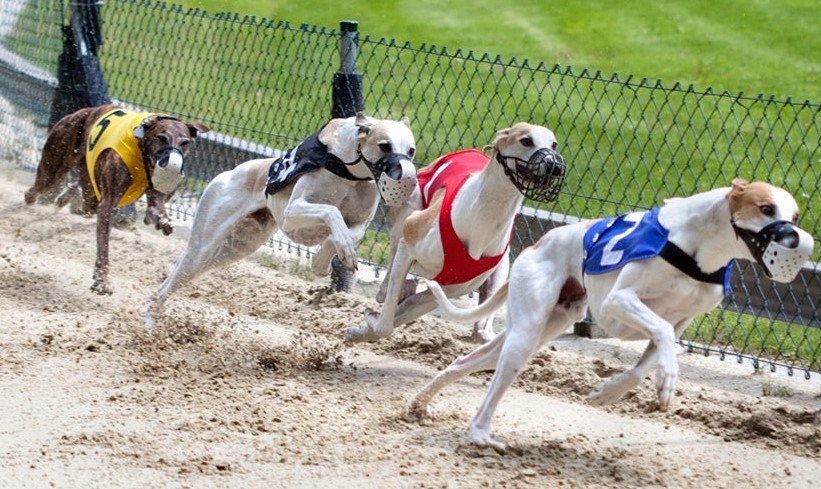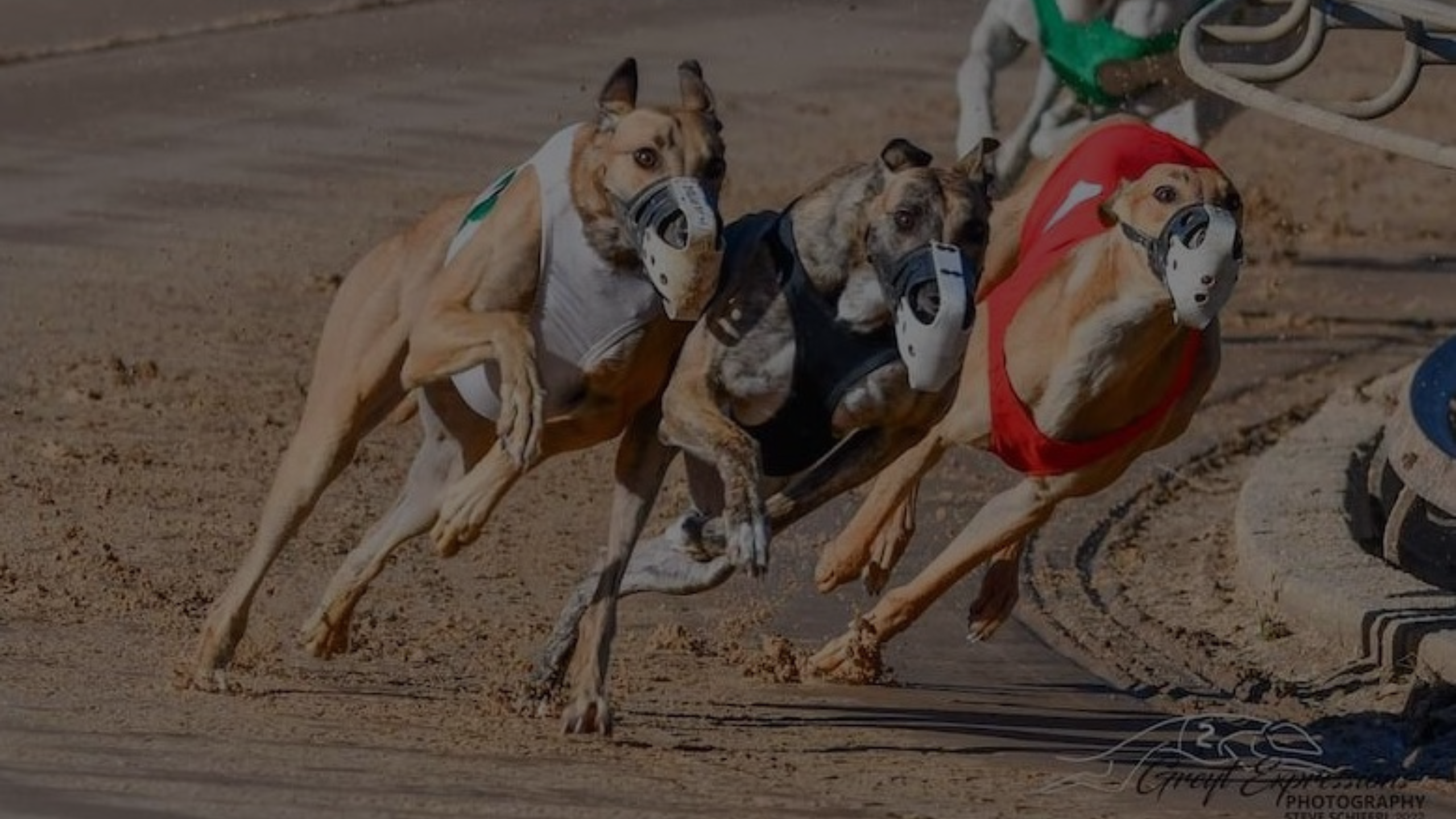If you’ve ever wondered why is dog racing illegal but not horse racing, you’re not alone. Both forms of racing involve animals, yet they are subject to drastically different regulations and public perceptions. In this article, we’ll delve into the reasons behind this contrast and explore the world of racing from a legal and ethical perspective.

The History of Racing
To understand why dog racing and horse racing are treated differently, it is important to examine their historical roots. Horse racing has been a popular sport for centuries, dating back to ancient civilizations. It has a long tradition and is deeply rooted in many cultures around the world.
In contrast, dog racing is a recent phenomenon. Greyhound racing, the most common form of dog racing, gained popularity in the 20th century. Historically, this distinction has played an important role in the regulation of these sports.
Animal Welfare Concerns
One of the main reasons why dog racing is illegal while horse racing remains legal is the level of concern for animal welfare. Horse racing has had its share of controversies, but it has also made significant strides in addressing the welfare of racehorses.

Horse racing organizations have implemented various safety measures to protect the horses, such as improved track surfaces and stricter regulations. In contrast, dog racing has faced more significant challenges in ensuring the welfare of racing greyhounds. Reports of abuse and inhumane conditions led to widespread opposition and eventually legal bans on dog racing in many jurisdictions.
Public Perception
Public perception plays an important role in the legitimacy of these sports. Horse racing often has a more positive image, with many viewing it as a glamorous and traditional pastime. On the other hand, dog racing has struggled with a negative public image due to concerns about animal welfare.
Public perceptions of these sports have influenced the decisions of legislators and regulatory bodies. Many believe that horse racing is better equipped to address welfare issues, while dog racing has struggled to shed its controversial image.
Economic Impact
Horse racing has a significant economic impact in many regions, contributing to job creation and tourism. The revenue from horse racing events like the Kentucky Derby can be substantial. This economic aspect has helped horse racing maintain its legitimacy in many fields.

In contrast, the economic impact of dog racing is often seen as less significant. The closure of dog racing tracks has had a more limited economic impact than this. This makes it easier for lawmakers to ban dog racing without a major economic impact.
The Role of Lobbying
Lobbying by various interest groups also plays a role in the legitimacy of these sports. Horse racing has historically had more powerful lobbying organizations that advocate for industry interests. These groups have been able to influence legislation and regulations in favor of horse racing.
In contrast, the lobbying power of the dog racing industry is generally weak. With few resources and a tarnished reputation, it has struggled to garner political support. This has made it easier for lawmakers to pass laws banning dog racing.
Regulatory Oversight
Another important factor in the legitimacy of these sports is the level of regulatory oversight. Horse racing is often subject to more comprehensive regulations and supervision, which vary from region to region. This has allowed horse racing to adapt and address welfare concerns more effectively.
On the other hand, the regulation of dog racing has been inconsistent and, in some cases, lax. The lack of uniform standards has made it difficult to ensure the welfare of racing greyhounds. This inconsistency has led to dog racing being banned in many places.
Ethical Considerations
Ethical concerns are at the heart of the debate over the legality of dog racing and horse racing. Many people view dog racing as inherently cruel, with the animals subjected to intense physical demands and potential mistreatment. This perception has driven the push for bans on dog racing.

Horse racing, while not without its ethical concerns, is often seen as more culturally ingrained and less subject to immediate bans. The perception that it can be reformed and made safer for horses has contributed to its continued legality.
Conclusion
Finally, the legality of dog racing versus horse racing is a complex issue influenced by historical context, animal welfare concerns, public perception, economic impact, lobbying, regulatory oversight, and ethical considerations. Although horse racing has faced its share of challenges, it has managed to adapt and maintain its legitimacy in many regions. In contrast, dog racing has struggled to address welfare issues and has faced public backlash, leading to bans in a number of places.
The different treatment of these sports highlights the importance of addressing animal welfare concerns and ensuring that regulations are in place to protect the welfare of all animals involved in racing.
Resources & References
For further reading on this topic, consider exploring the following resources:
Recommended Articles
Recommended Video
If you’re interested in seeing a race between horses and dogs, check out the video titled “Horse vs Dog Race” on YouTube. This exciting showdown provides a unique perspective on the differences between these two popular forms of racing.
FAQs – Why is Dog Racing Illegal but Not Horse Racing
What is Dog Racing?
Dog Racing is a competitive sport where dogs race after a mechanical lure around an oval track.
Why is Dog Racing Illegal?
Dog racing is illegal in many countries due to concerns about animal welfare, including injuries, deaths, and confinement.
Why is Horse Racing Not Illegal?
Horse racing is still legal in many countries, but there are growing concerns about animal welfare in the industry.
What are the Risks of Dog Racing for Dogs?
Dogs used in racing are at risk of injuries, including broken bones, muscle tears, and heat exhaustion. Some dogs also die from injuries or exhaustion.
What are the Risks of Horse Racing for Horses?
Horses used in racing are also at risk of injuries, including broken bones, muscle tears, and heart attacks. Some horses also die from injuries or exhaustion.
What are Some Alternatives to Dog and Horse Racing?
There are many alternatives to dog and horse racing, such as greyhound adoption, horse rescue, and animal-free sports.







